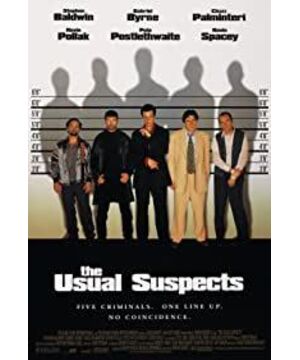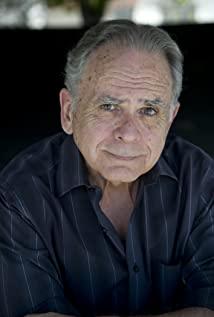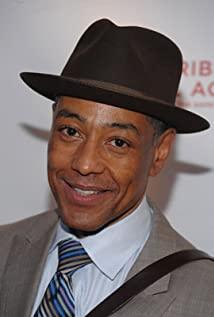Friends who like detective novels or suspense movies are often used to discovering clues that are easily overlooked. When reading and watching movies, everyone always likes to compete with the "police detective" in the story to see who can be the first. Discover the real culprit in one step. Nothing seems to be more direct than a "Ha! I knew it!"-style sigh. The pleasure brought by this kind of IQ crushing is unmatched by anything. However, the film "Very Suspect" took a different approach, with an unexpected reversal at the end, which really gave the audience a resounding slap in the face.
The police will not accept complicated explanations.
The first thing to be clear is that the same is the game between law enforcement and criminals, but investigation and interrogation are two completely different ways of handling cases. The former focuses on the collection of evidence, while the latter focuses on the reasoning of confessions. The difference between the two lies in the credibility of the clues. The process of investigation is more of simulating the criminal methods and psychology of the suspect on the basis of existing evidence, while the interrogation requires the law enforcement officer to judge whether the confession provided by the other party is reasonable. This is also the most paradoxical part of the film. The film uses a parallel montage technique to reproduce the entire process of the case through Kent’s memories: the former police officer Dean Keaton who was accused of corruption, who was killed in the accident, the perverse sharpshooter Michael McManus, Fred Fanster with strange accents, blasting expert Todd Hackney, and himself, who claimed to be a scam artist, were taken to the police station six months ago as a suspect in a truck robbery. In order to save some face, the five people who shouldn't be kept together planned a revenge against the police. There is no doubt that this structure of police interrogation and recall of suspects is reflected in many films, such as "Rescue Mr. Wu" which was released last year. The difference is that Xing Feng in "Mr. Wu" is very clear from beginning to end that Huazi is the plan and implementer of the entire kidnapping, so he is interrogating a prisoner. And Kuko in "Suspects" has always regarded Kent as an accomplice who had just received the amnesty, and a witness. The "inquiry" of witnesses is obviously different from the "interrogation" of suspects. The difference lies in whether the identity of the prisoner is clear, and this precisely determines the credibility of the confession provided by the other party. Keigo Higashino's "The Devotion of Suspect X" is a typical investigation "without knowing the identity of the suspect." The result of the police being led by the nose by the prisoner is the same as the film withdrawal.
How dare you shoot behind the devil? What if you miss it?
In addition, Cuco continued to express his dissatisfaction with Keaton during the interrogation process, so when Cuco asked "Kaiser Sauze", Kent naturally directed the spearhead to this legendary People. He has been emphasizing that he is not a traitor, and he does not want to be a traitor. Invisibly, he had long separated himself from this criminal gang, and at the same time pushed Keaton to the front of the stage.
No one would doubt that a babbled fool could make a big wave in such a group of masters, and who would believe that the cripple who was trembling and saying that he was "scared by the devil" was actually the "devil" "? What's more, there is a person like Keaton who has a history of "because of evading investigation and creating a false appearance of death" in Kuko's eyes. The meaning of Kent's existence is nothing more than "to ensure that no lives will be caused." In addition, in addition to the watch and lighter that echoed from the beginning to the end, there is another interesting detail in the film: Kent was dubbed "Mr. Saliva" because of too much talk, and the "söze" in Keyser Söze The word in Turkish means "too much". Wuxin Bingshen Midsummer on the bed
View more about The Usual Suspects reviews











